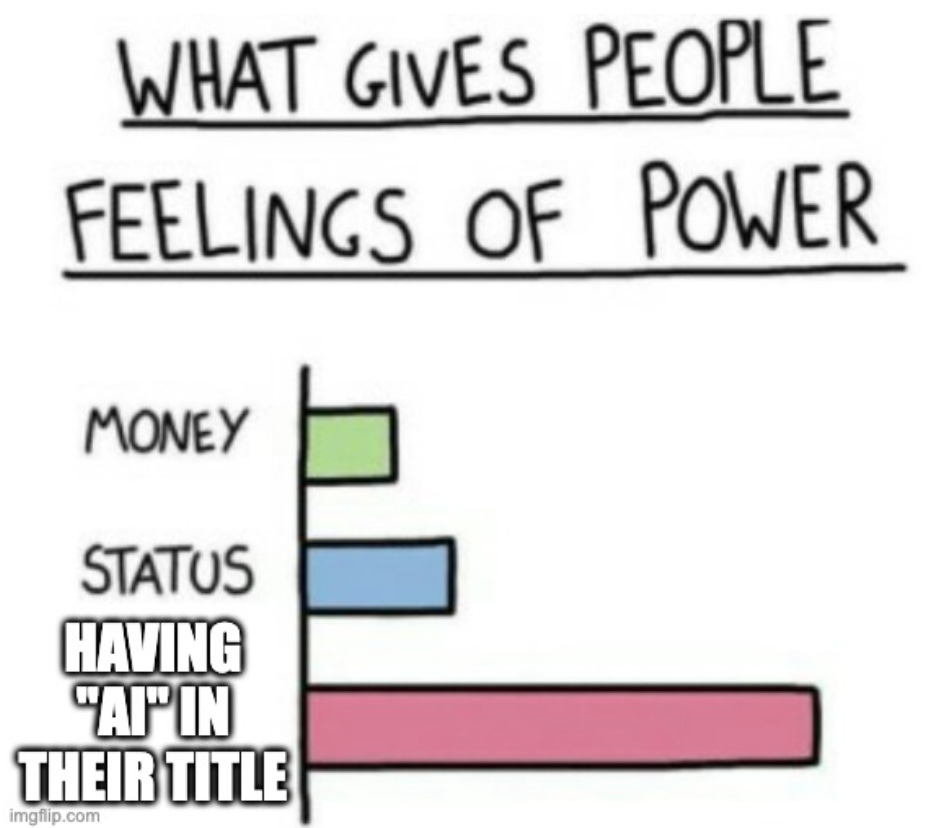Why Privacy Professionals Are Top Candidates for AI Leadership Roles
Need an AI Governance leader? Privacy experts may just have all the traits you’re looking for.
One consequence of the ongoing excitement of AI is that many major organizations, from corporations to public sector agencies to non-profits, are looking for people to oversee their approach to AI Governance. If you’re Satya Nadella at Microsoft you can simply poach the CEO of a hot startup to lead your AI division and build your team, but the rest of us are left working with recruiters and scanning LinkedIn for the right hire.
The rapid, unprecedented advancement of AI makes hiring difficult because there is not a clear definition of what people are looking for in the role. Many senior people with “AI” in their job title are engineers, which may be the right profile if your organization is focused on building AI products. But most organizations also need to define AI governance and compliance, and need to address vague regulations and notions of ethical data use.
In the midst of this moment of outsized demand for a small supply of seasoned AI leaders, we offer a humble suggestion. Privacy professionals. For the following four reasons, here is why we believe executives trained in the world of privacy should be top candidates for senior AI roles in companies.
Reason #1 - Cross-functional experience
Senior privacy executives often serve as the connective tissue across teams. They often report to the CEO and navigate the politics and demands of a number of multidisciplinary product and technical teams. Privacy professionals have experience figuring out how to translate organizational initiatives into tangible products and policy guidelines, something AI leaders will need to know how to do.
Reason #2 - They know how to navigate gray areas
Privacy laws and regulations are murky, quick-shifting currents to swim in. Rules change quickly, vary by jurisdiction, and do not always provide clear ‘north star’ guidelines for organizations. Sound familiar? AI policy is, and will be, in a similar place for the foreseeable future. Here in the U.S., AI policy is being quickly written by agency enforcement actions, executive orders, dozens of state laws, and conflicting federal legislative proposals. All this while the EU is passing the AI Act. Knowing what compliance looks like, let alone operationalizing compliance within an organization, is something privacy professionals are accustomed to dealing with.
Reason #3 - Similar foundational principles to data privacy and protection
Another main reason privacy professionals may perform well in AI roles is that the domains of data privacy and AI heavily overlap. AI initiatives may require their own set of principles, but data privacy principles are a good starting point. Many of the questions AI experts are dealing with are squarely in what has historically been the domain of privacy: how to obtain, permission, store, and deploy data in a way that creates value within ethical boundaries. These are questions privacy professionals are well-versed in, and they understand the organizational tradeoffs involved.
Reason #4 - They are as prepared as anyone for the wide-ranging questions raised by AI
Lastly, the rapid development of AI means that very few people will be taking on AI governance roles with years of direct experience applying emerging AI features to organizations. Even the most experienced manager of advanced modeling will likely face questions about IP protections, deep fakes, and content provenance that have simply not been on organizations’ radar in the past. AI professionals are tasked with managing a brave new world of fast-emerging capabilities. Many organizations are creating these roles without a clear blueprint or understanding of where things will soon lead. Depending on the context, privacy professionals may be best suited to handle these tricky questions.
Tell us your thoughts! What traits and skills are most important for being a “Chief AI Officer”?
What We’re Reading On Ethical (and Non-Ethical) Tech This Week:
Facebook's Shrimp Jesus, Explained - 404 Media
United Nations adopts U.S.-led resolution to safely develop AI - Washington Post
Microsoft hires DeepMind cofounder to head consumer AI - Axios
Users ditch Glassdoor, stunned by site adding real names without consent - ArsTechnica
Lego Expresses Regret for Posting AI-Generated Images - AdAge






